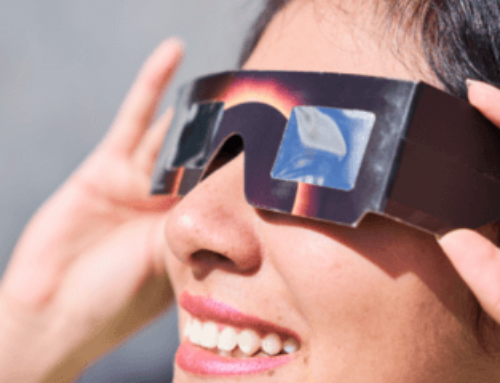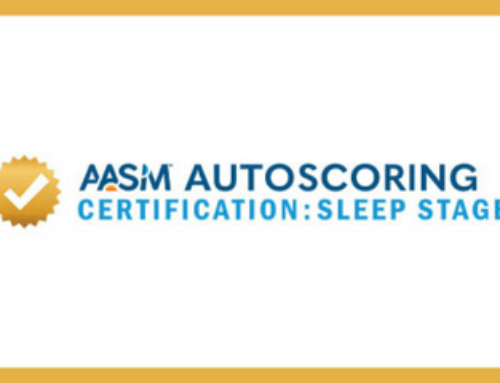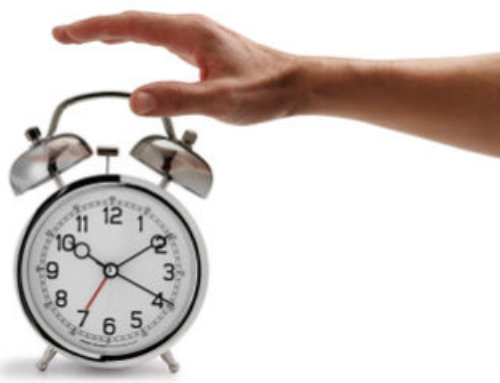DARIEN, IL – A new study found that after restricting sleep to 5 hours per night, caffeine use no longer improved alertness or performance after three nights.
Results show that relative to placebo, caffeine significantly improved Psychomotor Vigilance Task (PVT) performance during the first 2 days, but not the last 3 days of sleep restriction.
“We were particularly surprised that the performance advantage conferred by two daily 200 mg doses of caffeine was lost after three nights of sleep restriction,” said lead author Tracy Jill Doty, PhD, research scientist at Walter Reed Army Institute of Research. “These results are important, because caffeine is a stimulant widely used to counteract performance decline following periods of restricted sleep. The data from this study suggests that the same effective daily dose of caffeine is not sufficient to prevent performance decline over multiple days of restricted sleep.”
The research abstract was published recently in an online supplement of the journal Sleep and will be presented Monday, June 13 and Tuesday, June 14, in Denver at SLEEP 2016, the 30th Anniversary Meeting of the Associated Professional Sleep Societies LLC (APSS).
The study group consisted of 48 healthy individuals who participated in a double blind, placebo-controlled study. Sleep was restricted to five hours of time in bed for a total of five days. Participants were administered either 200 mg of caffeine or a placebo twice daily. A cognitive task battery was administered hourly during the wake periods and included a 10-minute PVT, Profile of Mood States (POMS), and the Stanford Sleepiness Scale (SSS). A modified Maintenance of Wakefulness Test (mMWT) was administered six times per day.
The study was supported by the Department of Defense Military Operational Medicine Research Program.
Abstract Title: Caffeine Efficacy Across a Simulated 5-day Work Week with Sleep Restriction
Abstract ID: 0254
Presentation Date: Monday, June 13 (Poster) Tuesday, June 14 (Oral)
Presentation Type: Oral and Poster
Presentation Time: (Poster) 4:00 pm- 6:00 pm and (Oral) 11:50 am 12:05 pm
SLEEP 2016 is a joint venture of the American Academy of Sleep Medicine and the Sleep Research Society. The SLEEP 2016 abstract supplement is available at http://sleepmeeting.org/abstract-supplements. For a copy of the abstract or to arrange an interview with the study author or an AASM spokesperson, please contact AASM Senior Communications Coordinator Amy Pyle at 630-737-9700, ext. 9366, or apyle@aasm.org.
About the American Academy of Sleep Medicine
Established in 1975, the American Academy of Sleep Medicine (AASM) improves sleep health and promotes high quality patient centered care through advocacy, education, strategic research, and practice standards. The AASM has a combined membership of 11,000 accredited member sleep centers and individual members, including physicians, scientists and other health care professionals.








